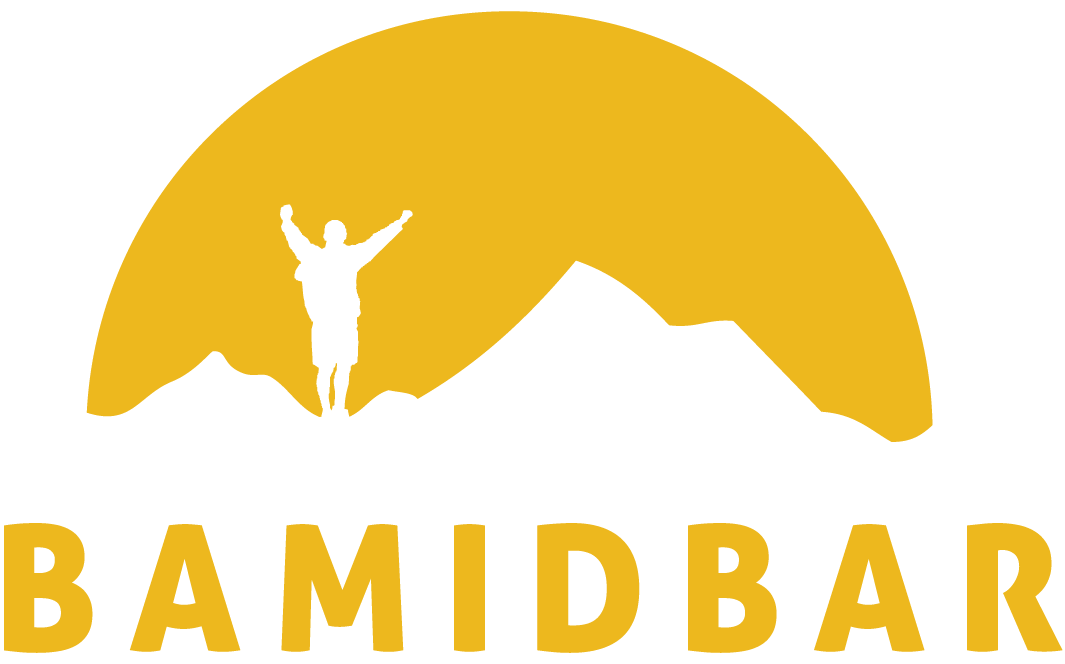This summer, I spent a week at Beit T’Shuvah, learning best practices in the Jewish world of recovery and getting a chance to see their spiritual counseling program firsthand. In Beit T’Shuvah’s integrative treatment model, each student works with a therapist, substance abuse counselor and spiritual counselor. The three professionals work together to formulate, implement, and monitor individual treatment plans.
Beit T’Shuvah’s spiritual counseling program is the only one of its kind. Spiritual counselors, “attend to, guide, encourage, nurture, and stimulate moral and spiritual growth. They […] help residents focus on the bigger picture: character development (Mussar), spiritual connection, the meaning of life, holiness, and the big questions of meaning, purpose, life and death, G-d, creation, suffering, good and evil” (BTS Handbook, p.38). Experiencing Beit T’Shuvah’s spiritual counseling program firsthand, I was able to see the power of the position, and the unique training and support needed to ensure its success.
My week at Beit T’Shuvah helped clarify definitions. BaMidbar will be developing a spiritual counseling program over time, and we recognize that it will be a process to build the supports and training to ensure spiritual counselors are effectively integrated into the treatment team. In our first year, BaMidbar will not be doing one-on-one spiritual counseling. Judaism provides the framework and foundation for our program, and through a robust program facilitated by all staff, we will explore meaning, values, and purpose through a Jewish lens. BaMidbar will engage multiple Rabbis and Jewish educators to take part in this process, to ensure a pluralistic and diverse Jewish experience. Rather than focusing on an individual relationship between a spiritual counselor and a student, BaMidbar is focusing on the program model, rituals and traditions, and Jewish framework.
To achieve this, BaMidbar is working with a team of Rabbis, Jewish educators, and Rabbinic Interns to intentionally integrate Jewish metaphor and storytelling, practice, and ritual into the program. We will be hiring a part-time Spiritual Director who will train and mentor program staff, and who will oversee visiting Rabbis and Jewish educators. We will engage Rabbis from diverse backgrounds (Reform, Conservative, Orthodox, Reconstructionist, etc.), who will help facilitate structured and consistent, yet diverse Shabbat experiences. BaMidbar is developing an intensive training for Rabbis and Jewish educators, to ensure effective engagement and a pluralistic approach.
At the Wilderness Therapy Symposium last week, session after session emphasized the unique role of Field Staff in wilderness therapy. These are the individuals on the ground, twenty four hours a day, seven days a week. These staff develop rapport, and are the backbone of a student’s experience. By focusing attention on the broader program framework and field staff training, BaMidbar will provide a mechanism to view meaning, value, and purpose through a Jewish lens along every step of the journey. By working with multiple Rabbis and Jewish educators rather than a single Spiritual Counselor, BaMidbar will ensure a pluralistic approach, so that we can meet and honor each student where they are in their unique Jewish journey.
Interested in getting involved? Email Program Director Jory Hanselman at joryh@www.bamidbartherapy.org, or call (303) 261-8214 ext. 102.

